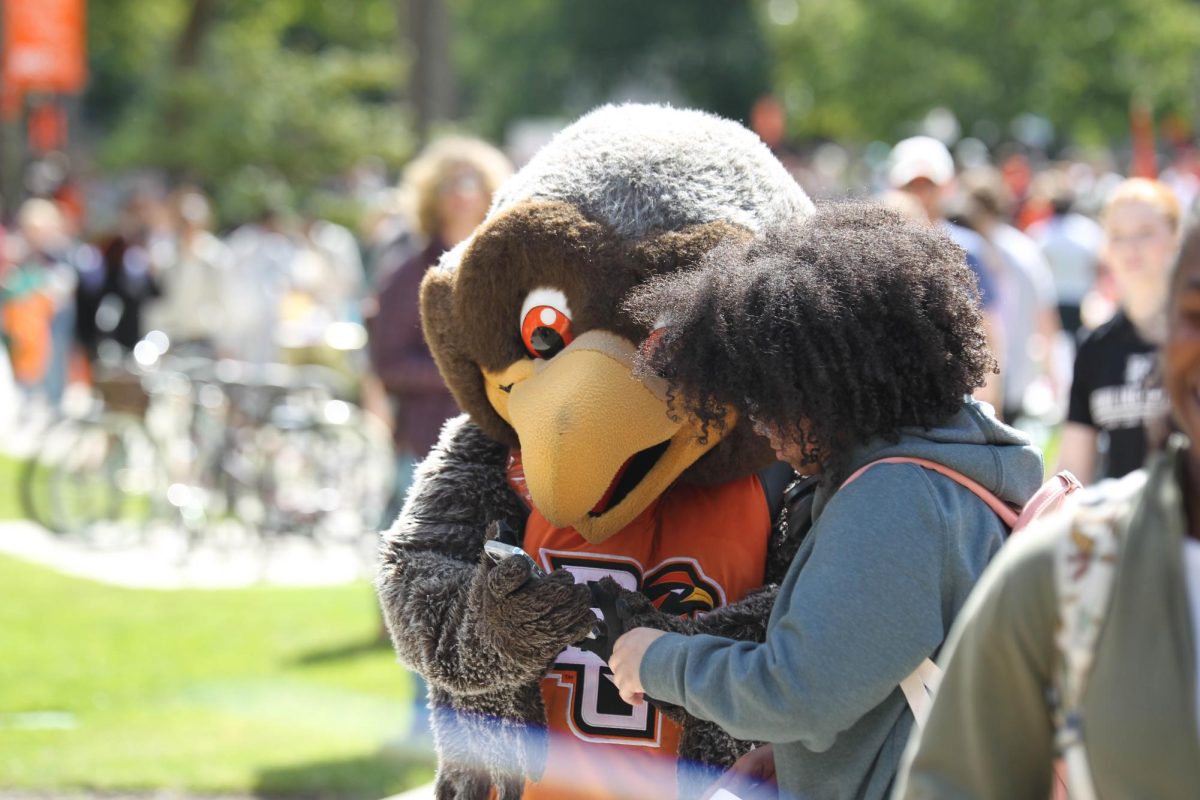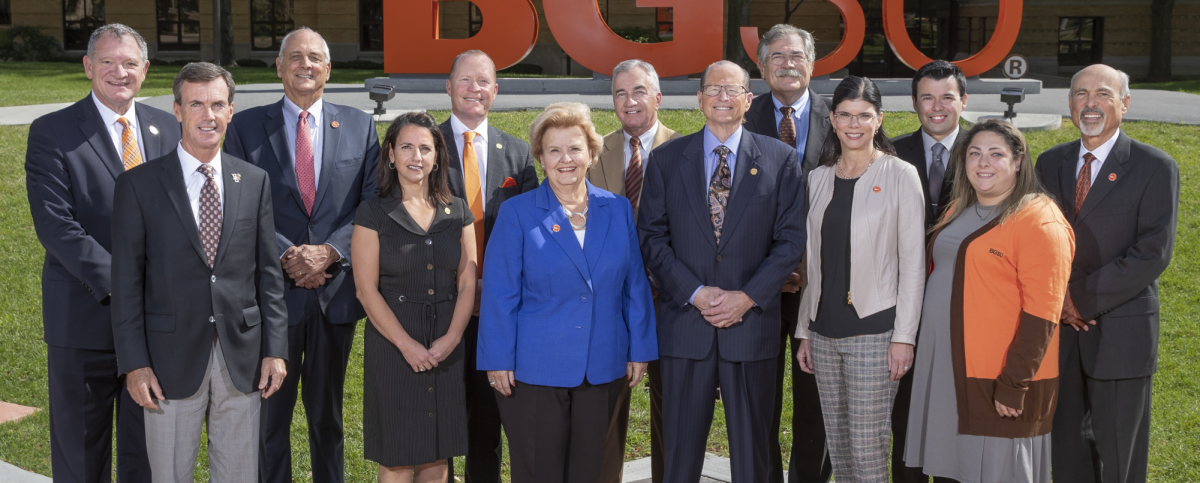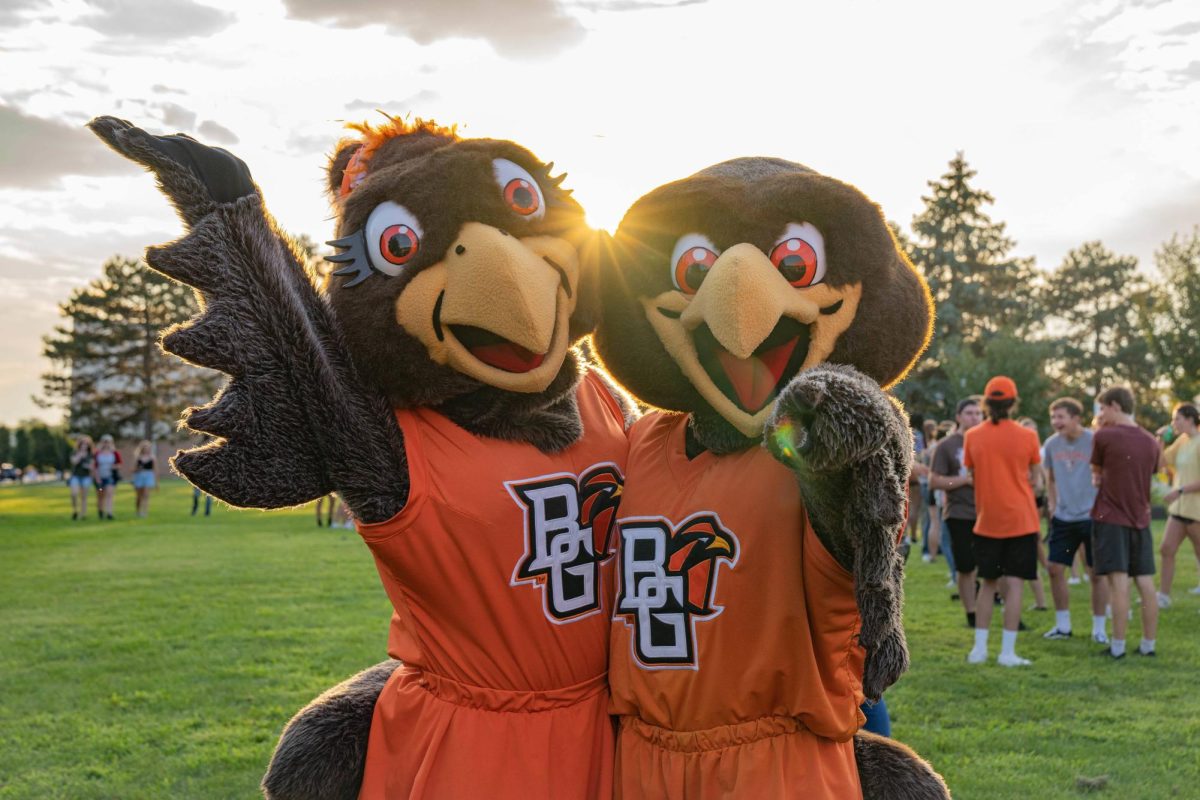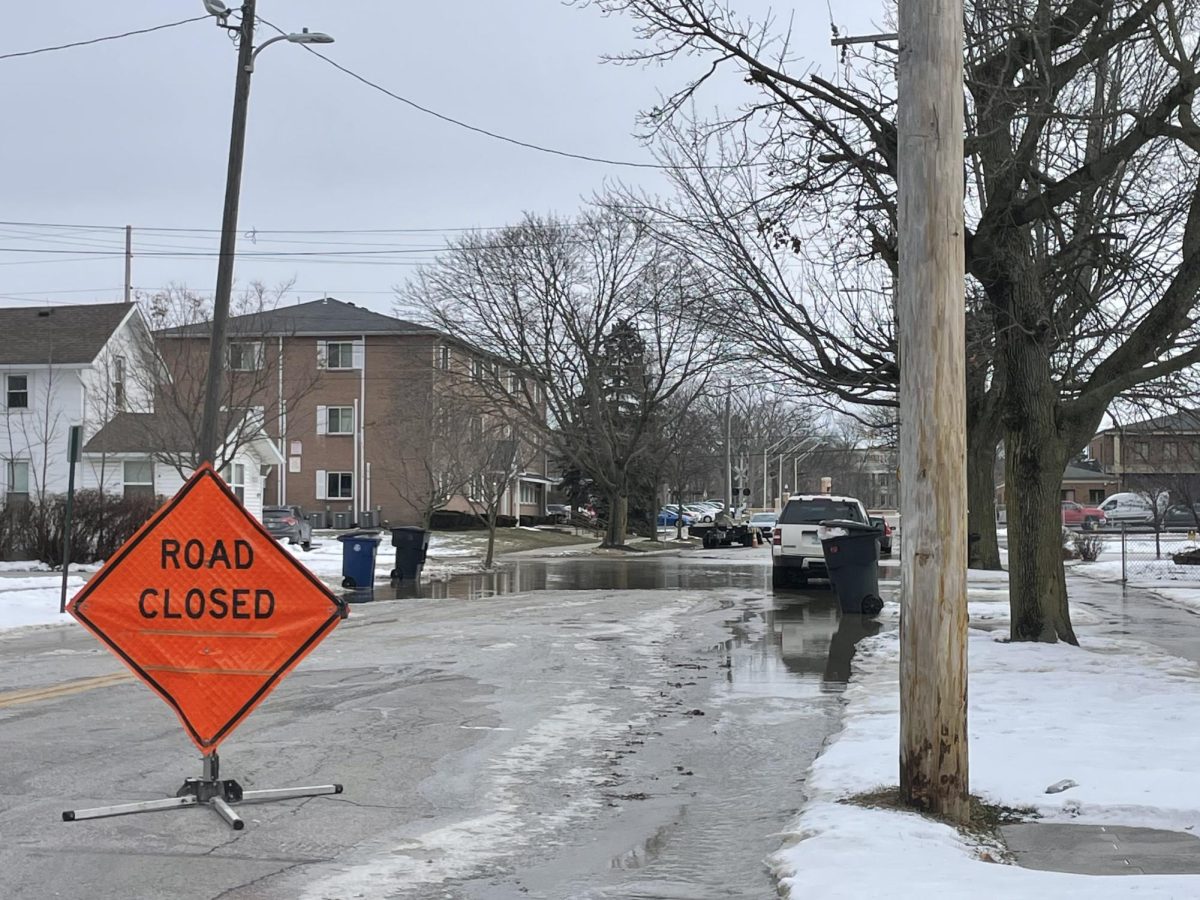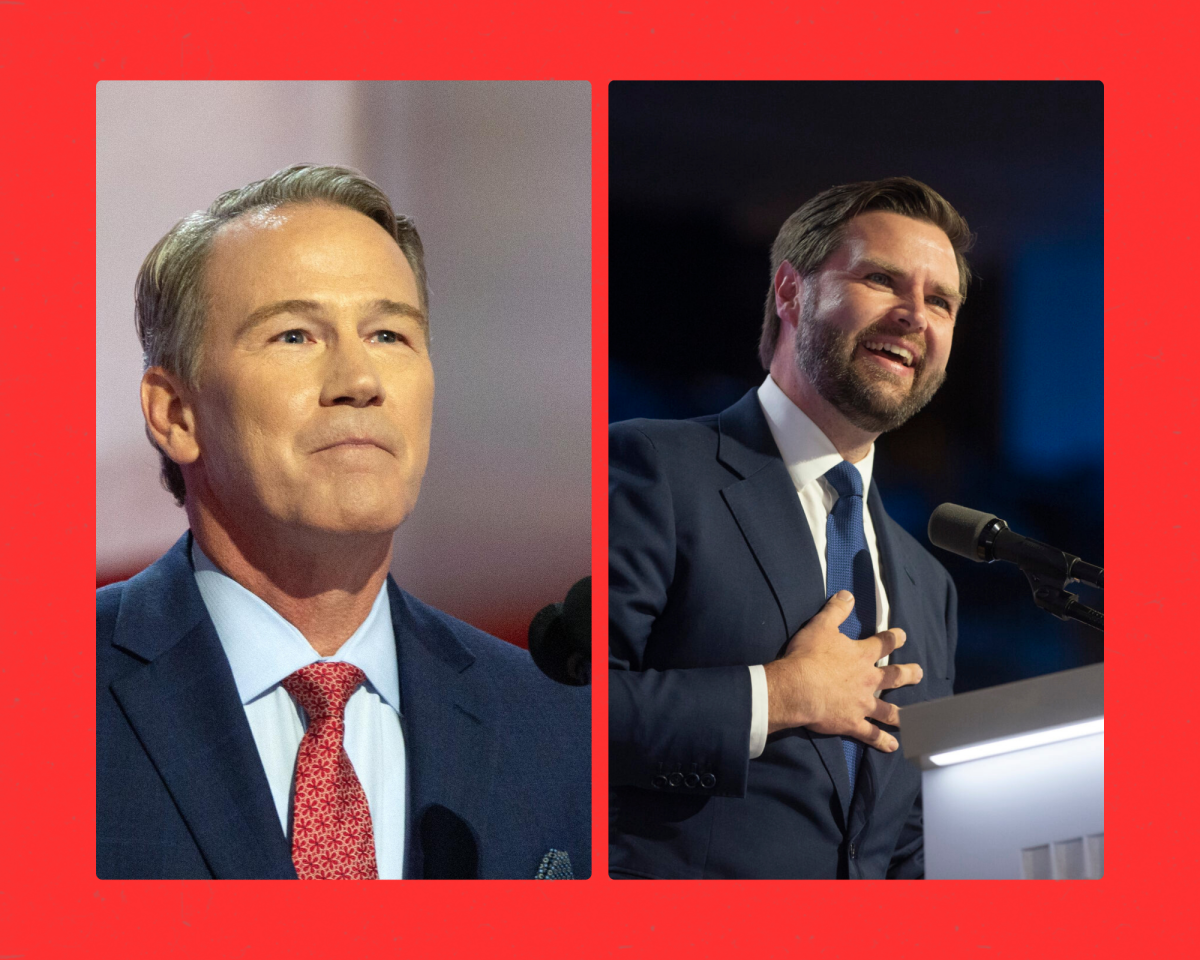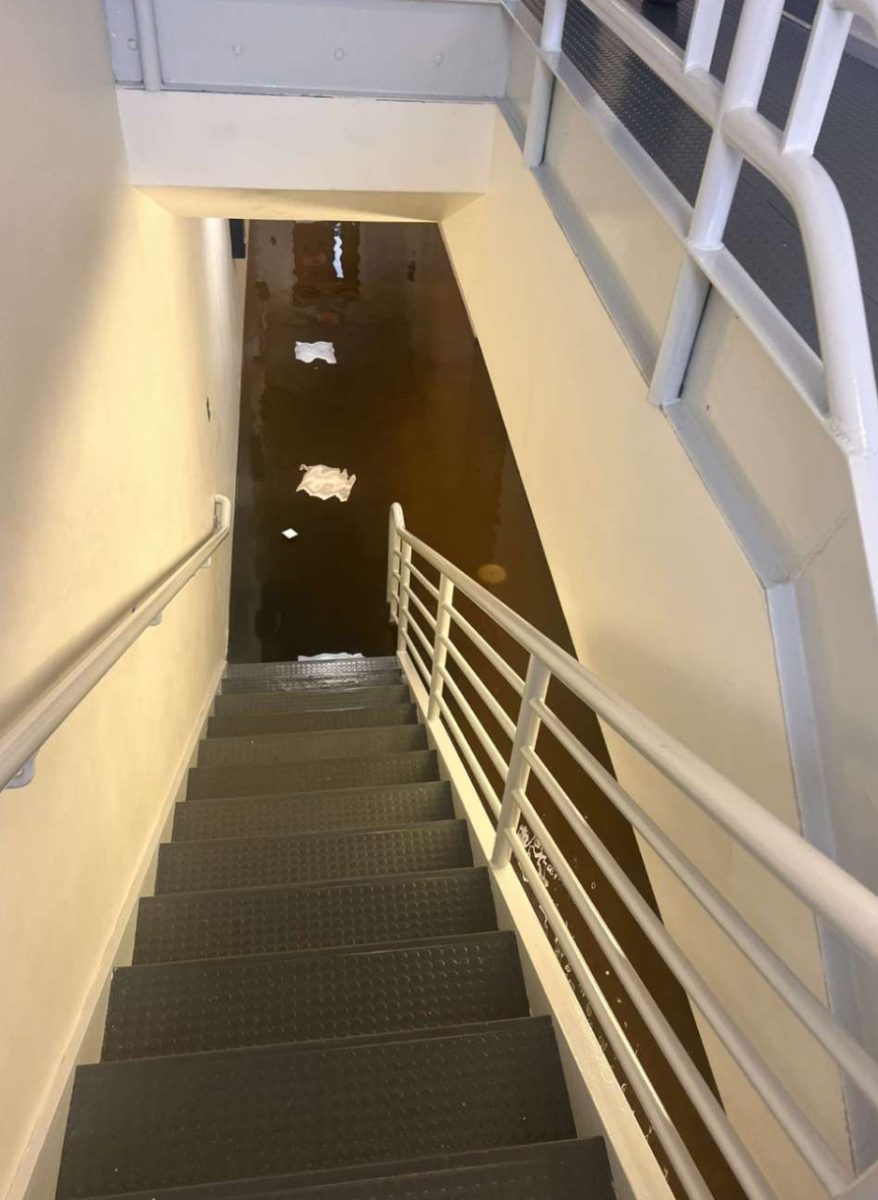Senior JD Caudill admits growing up could have been easier if his parents had revealed their sexuality sooner.
Despite his efforts, his father did not share his homosexuality until much later on in JD’s life.
While Caudill recognizes the challenges he faced as a child, new research shows no difference between a child raised by same-sex couples and a child raised by opposite-sex couples.
Wendy Manning, a University sociology professor, joined forces with the American Sociological Association in the hopes her research would provide answers about children raised by a same-sex couple compared to a opposite-sex ones.
“We look back now and think it’s crazy there were ever problems with biracial relationships,” Manning said. “I wonder if one day we’ll look back and have a similar opinion about same-sex marriage.”
Throughout her research, she admits to being surprised by the outcome, and even expected the results to be slightly mixed.
The study did not focus on personality traits, but rather the psychological well-being of each child.
“Obviously there were some differences with them being gay,” Caudill said of his parents. “But they still did what parents are supposed to do.”
After Caudill opened up about his own sexuality and having same-sex parents, his experience added stronger proof to Manning’s research.
“I have a rather strange story. I didn’t know my parents were gay until I was 19, until they verbalized it,” Caudill said.
After his parents separated, Caudill did not put the evidence together about his father until he realized his own sexuality.
“I knew I was gay in fifth grade, came out in sixth grade and by high school it was old news,” Caudill said. “I knew that my dad had this man in his life, that he was his best friend. I started to raise my eyebrows about my dad and Fred once I knew I was gay.”
After a few conversations with his mother, his questions were finally answered.
“They sleep in the same bed. They act like a couple. What if they’re gay?” Caudill said.
He decided to come out to his parents, and he hoped they would, too. They continued to be supportive, even before they were open about their sexualities, Caudill said.
Instructor Cynthia Mahaffey appreciates the research that was done, and relates it to her personal life as a parent and lesbian.
“It’s sad that [the research] had to happen,” Mahaffey said. “So many people think you’ll ruin a child by being a gay parent,”
To Mahaffey, one’s sexuality has no bearing on what kind of parent they are.
“Gay parents try to give their kids a normal life. I don’t know what heterosexual parents think homosexual parents do or what lifestyle we live,” Mahaffey said. “I don’t have time for a lifestyle other than getting ready, going to the park and paying my bills.”
Raising her son, and referring to him as her “biggest fan,” she has realized having understanding children is just as crucial as supportive parents.
Although the research Manning did gives support to same-sex parenting, by confirming that same-sex parents don’t affect a child’s well-being.
“I’m excited that I was able to see how sociological research is crafted, how it makes a difference, and how I could make a difference,” Manning said.
Caudill feels the support from his parents has made as much of a difference as Manning’s research.
“They provided me with a super-secure home life, sacrificed for me to stay in the same school and have molded me into who I am,” Caudill said.
He is thankful that his dad was understanding and let him be the person he wanted to be.
Although his process was filled with encouragement and support, he faced some challenges along the way,
“Sometimes, I was put into the position to explain my lifestyle,” he said.
He admits that describing his home life was difficult at times, especially before his parents came out.
“I guess I’m always going to wish they were as comfortable as I am,” Caudill said. “If I had been exposed to the LGBT [lesbian, gay, bisexual, transgender] community, it would have added more elements to my life and growing up could have been easier.”


